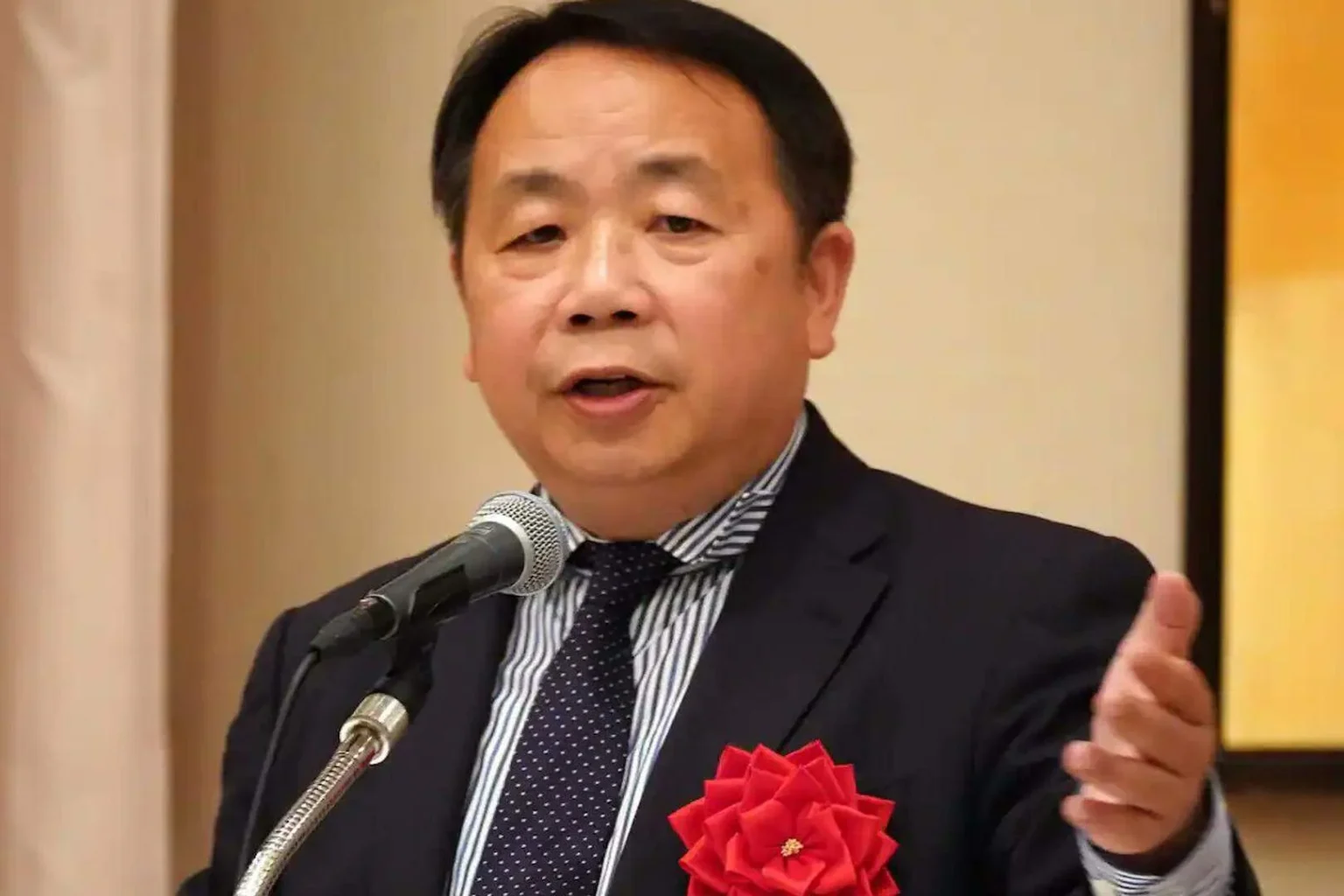Beijing on Monday escalated diplomatic tensions with Tokyo by imposing sanctions on Japanese upper‐house lawmaker Seki Hei—also known by his Chinese name Shi Ping, citing his persistent and inflammatory remarks on sensitive geopolitical issues, a rare move signaling glaring strain in bilateral relations. According to the Chinese Foreign Ministry’s announcement, Shi has “long spread fallacies” regarding Taiwan, the Diaoyu/Senkaku Islands, and regions such as Xinjiang, Tibet, and Hong Kong, actions that Beijing says undermine its sovereignty and violate the spirit of the 1972 China-Japan joint statement.
Effective immediately, any assets Shi holds in Chinese territory will be frozen, and Chinese individuals and organizations are barred from engaging in transactions or any form of cooperation with him. In addition, visas will be denied to both Shi and his immediate family members, preventing entry into mainland China, Hong Kong, and Macau.
Shi, a China-born political commentator turned Japanese legislator elected on the Japan Innovation Party ticket in July, responded via social media, stating he has “no assets in China or any intention of going there either,” dismissing the sanctions as “nothing but a mere farce.”
This development marks the first time Beijing has sanctioned a Japanese lawmaker for public commentary, heightening tensions at a time when China–Japan relations are already strained.
The sanctions underscore how sharply Beijing is reacting to criticism and symbolic acts it views as confrontational—such as visiting the Yasukuni Shrine, which Shi reportedly visited and which Beijing cites as violating political agreements and interfering in its internal affairs.





